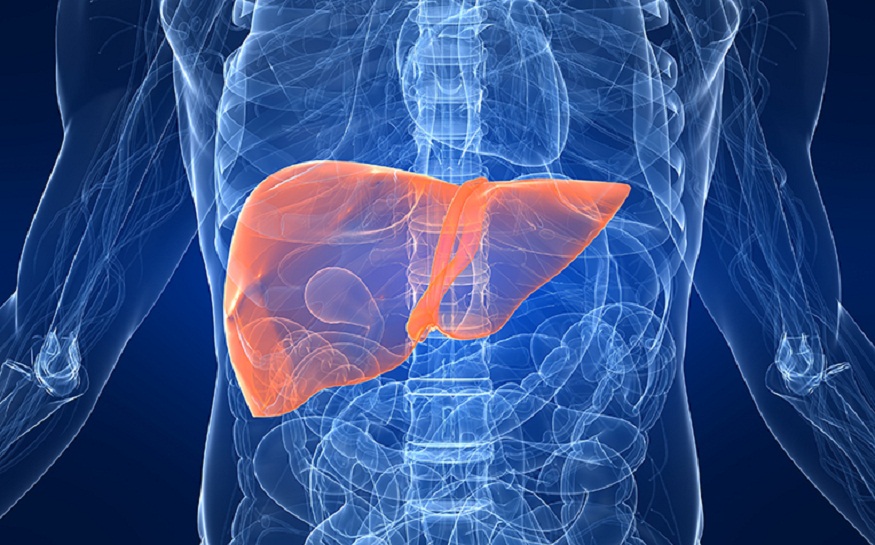The Hydrafacial has become one of the most popular skincare treatments in recent years. Despite its widespread acclaim, several myths and misconceptions persist about this innovative procedure. Understanding the truth behind the common hydrafacial myths will help you make sound decisions about their skincare routines. Here, we debunk the top five Hydrafacial myths.
The Procedure is Painful
One of the most common misconceptions about the hydrafacial is that it is a painful procedure. In reality, the Hydrafacial is known for being gentle and comfortable. The process uses a specialized device that cleanses and exfoliates to remove impurities from the skin simultaneously. Most patients confess that it feels like a gentle massage, and the treatment is often referred to as a relaxing and soothing experience. There is no discomfort or pain involved, making it an excellent option for those with low pain tolerance.
It’s Only Suitable for Specific Skin Types
Another widespread myth is that Hydrafacial is only suitable for certain skin types. This is far from the truth. One of the key benefits of the hydrafacial is its versatility. It is customizable based on everyone’s unique needs of all skin types, including sensitive, oily, dry, and combination skin. The treatment can be tailored with specific serums and boosters to target individual concerns such as fine lines, wrinkles, hyperpigmentation, and acne. This adaptability makes the hydrafacial an inclusive option for anyone looking to improve their skin health.
The Results Don’t Last Long
A common concern is that the results of a hydrafacial are short-lived. While it’s true that ongoing skin care is necessary to maintain any treatment’s benefits, the results of a hydrafacial can last longer than expected. Immediately after the procedure, patients typically notice a radiant and hydrated complexion. With proper at-home skincare and regular hydrafacial treatments, the improvements can be sustained and even enhanced over time. The cumulative benefits include improved skin texture, reduced appearance of fine lines, and more even skin tone.
Hydrafacial Worsens Acne
Some people believe that undergoing a Hydrafacial can worsen acne, but this is not accurate. In fact, Hydrafacials are beneficial for acne-prone skin. The treatment includes a deep cleansing component that removes excess oil, dirt, and impurities from the pores. Additionally, gentle exfoliation helps to prevent clogged pores, which can lead to breakouts. Hydrafacial can also infuse the skin with acne-fighting serums that reduce inflammation and promote healing, making it an effective part of an acne management regimen.
It Leaves Bruises
Finally, there is a misconception that a Hydrafacial can leave the skin bruised and battered. Contrary to this belief, Hydrafacial is a non-invasive treatment that is gentle on the skin. The technology used in Hydrafacials employs a vacuum-like device that operates with controlled suction, ensuring that it is effective yet gentle enough to avoid bruising. Patients typically experience no downtime and can resume their daily activities almost immediately after the treatment, with their skin looking refreshed and rejuvenated.
In conclusion…
The Hydrafacial is a versatile, gentle, and effective skincare treatment meant for all skin types and concerns. By debunking these myths, we can appreciate the true benefits of this innovative procedure and consider it a valuable option in our skincare routines.



